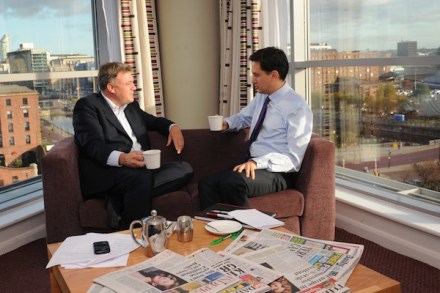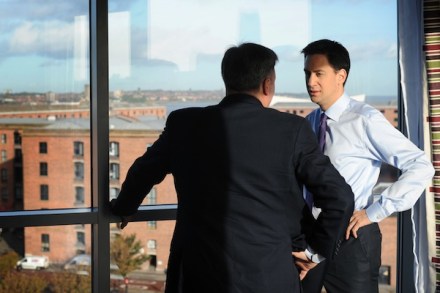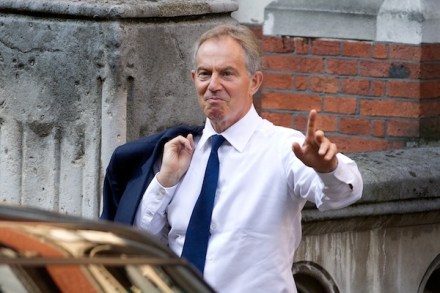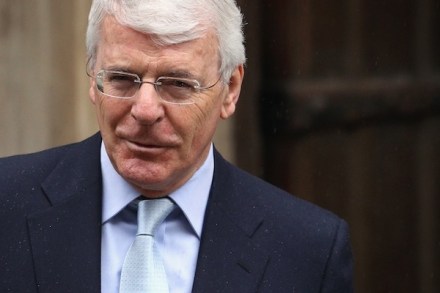Warne caught for one
With the South Africans slaughtering England at the Oval this weekend, Mr Steerpike was more intrigued by the goings-on off the pitch. Catching up with a super-skinny and immaculately preened Shane Warne, it would seem that the former Aussie spin-king is still very paranoid about being photographed smoking in public. Every time a small child came up demanding a photo, Warne risked setting fire to his tight Armani number by hiding his cigarette behind his back. Still, it’s an improvement on the ‘altercation’ he had in 2000 with some Kiwi lads who snapped him smoking whilst being sponsored by a nicotine patch company. No smashed cameras this time. Ed Miliband
















